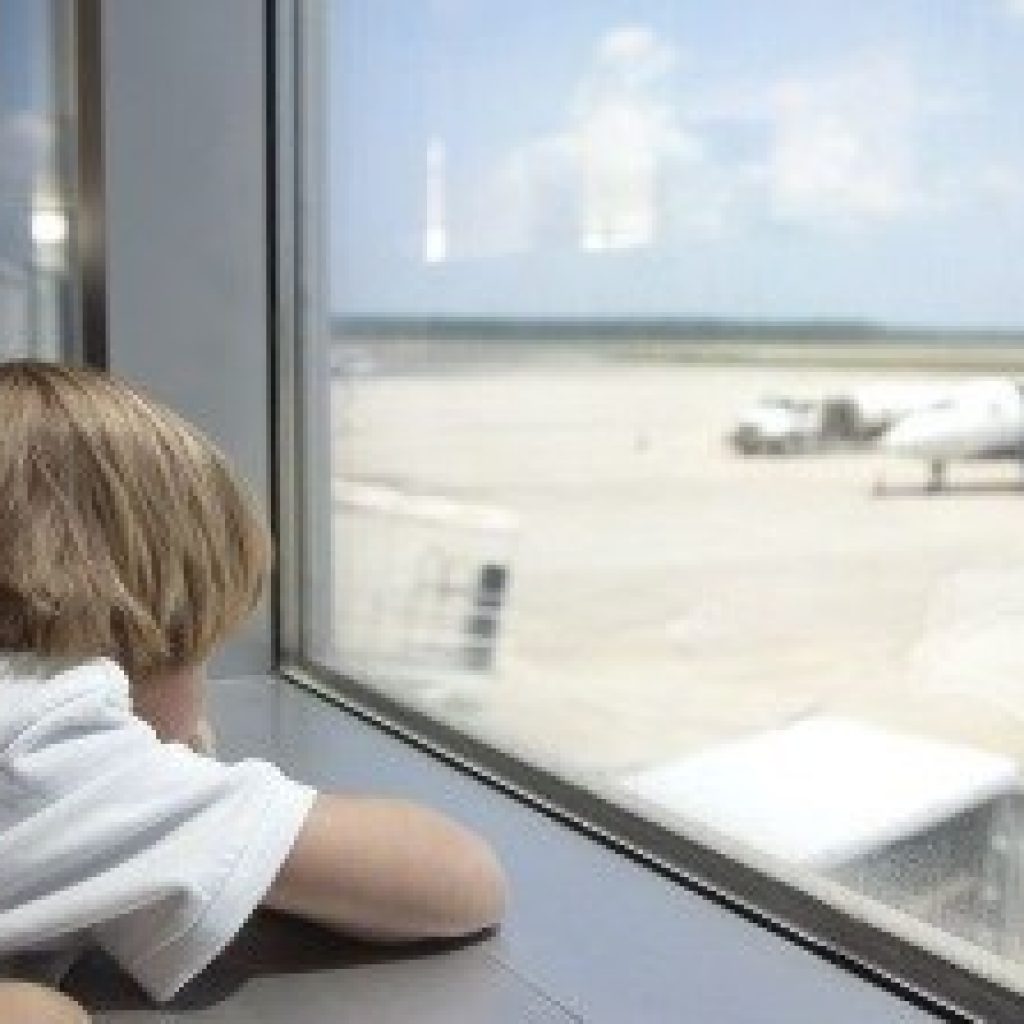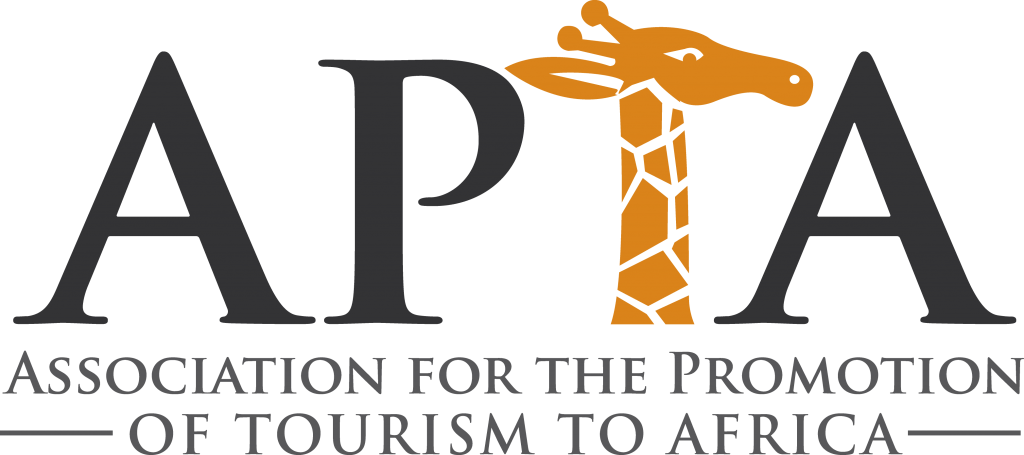
The Department of Home Affairs has issued an advisory on its website that contradicts the relaxation of the regulations governing children travelling to SA.
The Amendment to the Immigration Act was gazetted on November 30 and removes the requirement for children travelling with both parents on a foreign passport to carry a birth certificate when they travel.
The following day the Department issued an Advisory on its website stating the opposite.
Airlines’ check-in staff around the world have been advised to follow this advisory and not the redrafted regulations that were gazetted on November 30 and heralded with much fanfare by government.
Throughout this saga, Home Affairs has been sharply criticised for not engaging with the travel and tourism sector and this represents a significant setback for SA’s attempts to win back a reputation as a child-friendly destination.
Home Affairs has justified the advisory on the basis that it gives effect to the Children’s Act of 2005.
It is the airlines that have the unwelcome role of administering Home Affairs’ regulations, as they face penalties if children arrive without a birth certificate.
A spokesperson for Geneva-based Iata, which uses its Timatic system to advise check-in staff of its member airlines on what travel documentation travellers need before boarding a flight to SA, told Tourism Update that they had been advised by SA government sources to use the advisory of the DHA website which states:
“3.1. Where both parents are travelling accompanied by one or more of their children, such children have to produce valid passports and a Birth Certificate (BC) for each child travelling.”
This is in complete contradiction to the Immigration Act Amendment.
Associate Professor of Law at Wits, Prof. Victoria Bronsteincommented to Tourism Update that, when viewed in context, this appears to be some rear-guard action against the regulations.
“Although the document claims that the requirements for children travelling to or from SA is aimed at giving effect to the Children’s Act, 2005, the Children’s Act has nothing specific to say about this issue. It appears that the procedures for enacting Regulations in the Immigration Act are being circumvented by this informal advisory. If the amended Regulations are in force, this advisory is illegitimate.
“The current confusion about the requirements for children entering South Africa also suggests confusion and lack of transparency that cuts against rule of law requirements in the Constitution,” said Bronstein.
There is more confusion over whether the new regulations gazetted are in force or not.
Said the Professor: “The regulations appear to have been amended with effect from December 2018 even though the heading in the Government Gazette says Draft Regulations.”
The online legal service, Jutastat, in one version records the amendments as having taken effect on December 1, 2018. For two days Tourism Update has tried without success to get a spokesman from Home Affairs to clarify if the new Amendment is in force or not.
Home Affairs is required to consult with an Immigration Advisory Board over regulations. There is nobody from the private tourism and travel sector on the board to Tourism Update’s knowledge (and the spokespeople will not return our calls). The Department has also consistently slapped down attempts by the industry to engage with them on regulatory change.
In the meantime, airlines around the world are compelled to continue to deny boarding to children without birth certificates as hopes of positioning SA as a family-friendly destination evaporate.





About The Author: David DiGregorio
More posts by David DiGregorio